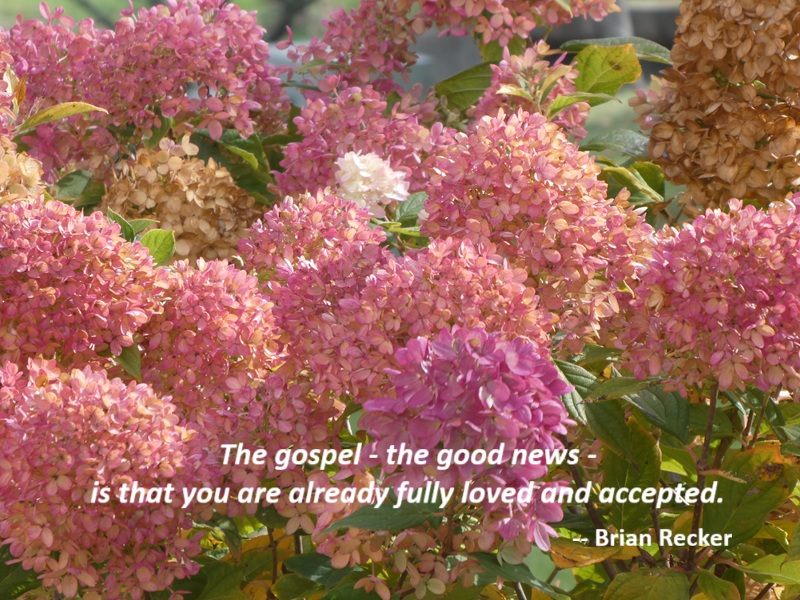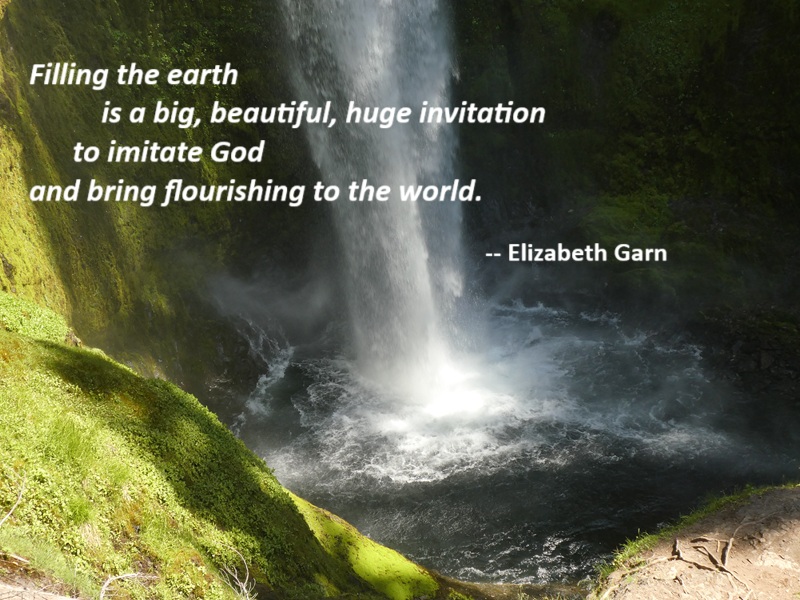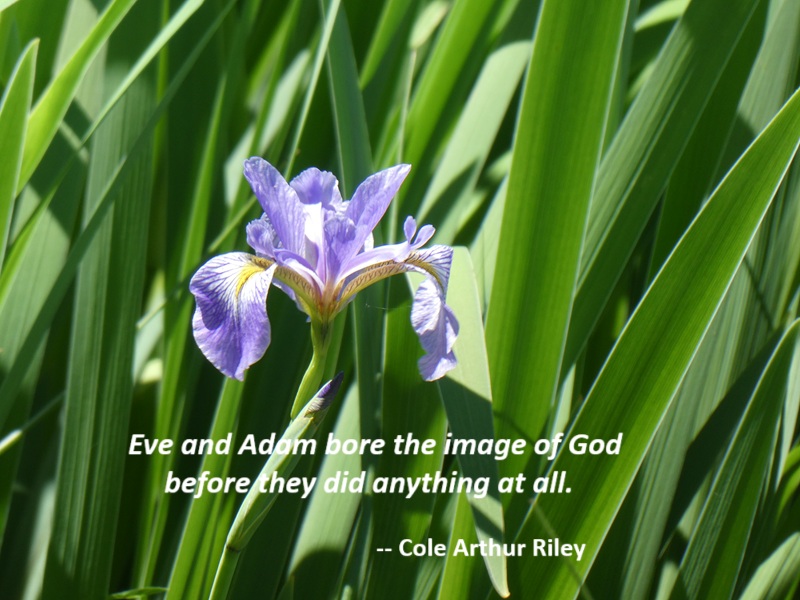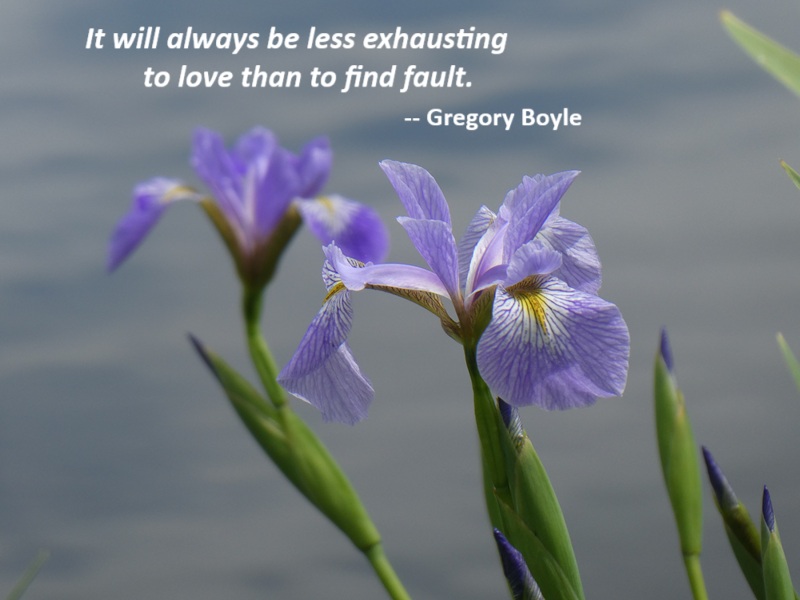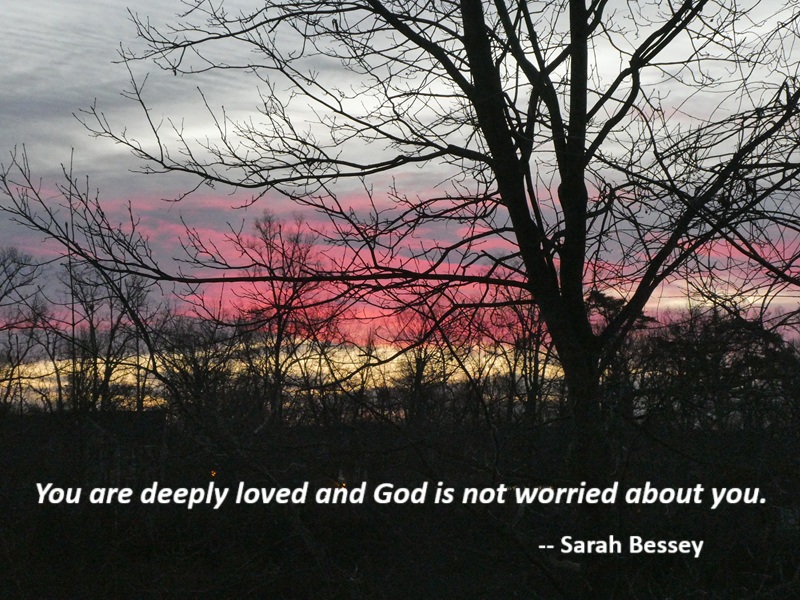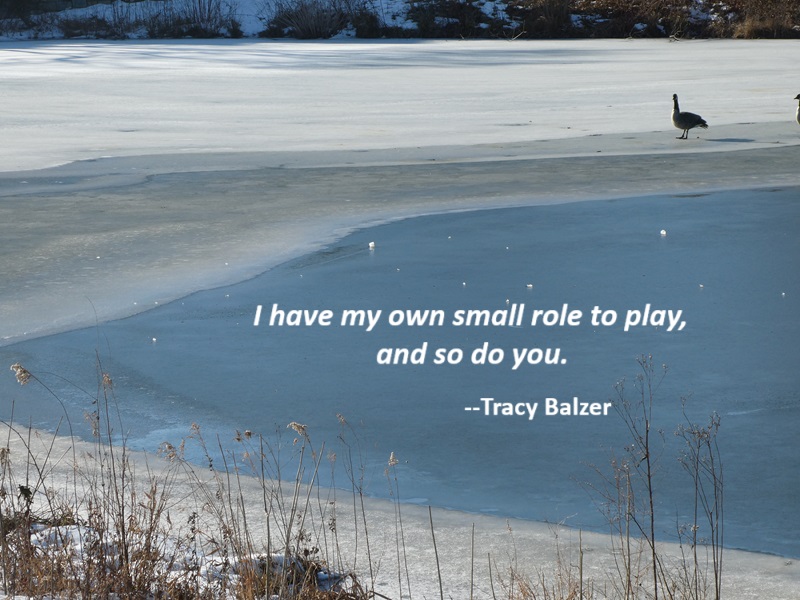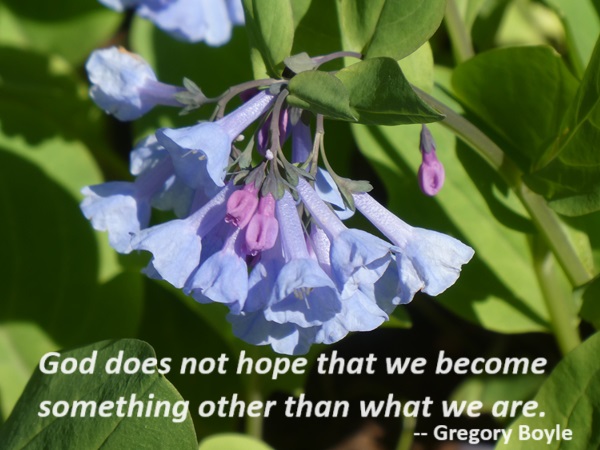Unshakably Good
I told the crowd that two unwavering principles held at Homeboy Industries were the following: 1) Everyone is unshakably good (no exceptions) and 2) We belong to each other (no exceptions). Then I posited: “Now, do I think all our vexing and complex social dilemmas would disappear if we embraced these two notions?” I paused, then continued, “Yes, I do.” And the entire audience exploded in laughter. I was startled. When the laughter subsided, I repeated quietly: “Yes, I do.”
These two ideas allow us to roll up our sleeves so that we can actually make progress. So that we can love without measure and without regret. So that we can cultivate a new way of seeing. We finally understand that the answer to every question is, indeed, compassion.
— Gregory Boyle, Cherished Belonging, p. 2.
Photo: South Riding, Virginia, December 27, 2025.


